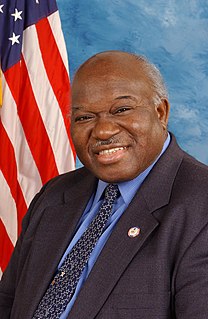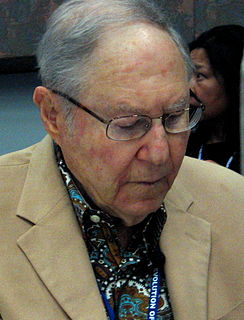A Quote by John Dewey
There is no such thing as educational value in the abstract. The notion that some subjects and methods and that acquaintance with certain facts and truths possess educational value in and of themselves is the reason why traditional education reduced the material of education so largely to a diet of predigested materials.
Related Quotes
The real difficulty is that people have no idea of what education truly is. We assess the value of education in the same manner as we assess the value of land or of shares in the stock-exchange market. We want to provide only such education as would enable the student to earn more. We hardly give any thought to the improvement of the character of the educated. The girls, we say, do not have to earn; so why should they be educated? As long as such ideas persist there is no hope of our ever knowing the true value of education.
There is no such thing as education. The thing is merely a loose phrase for the passing on to others of whatever truth or virtue we happen to have ourselves. It is typical of our time that the more doubtful we are about the value of philosophy, the more certain we are about the value of education. That is to say, the more doubtful we are about whether we have any truth, the more certain we are (apparently) that we can teach it to our children.
The production of knowledge in schools today is instrumental, wedded to objective outcomes, privatized, and is largely geared to produce consuming subjects. The organizational structures that make such knowledge possible enact serious costs on any viable notion of critical education and critical pedagogy. Teachers are deskilled, largely reduced to teaching for the test, business culture organizes the governance structures of schooling, knowledge is viewed as a commodity, and students are treated reductively as both consumers and workers.
We should not value education as a means to prosperity, but prosperity as a means to education. Only then will our priorities be right. For education, unlike prosperity is an end in itself. .. power and influence come through the acquisition of useless knowledge. . . irrelevant subjects bring understanding of the human condition, by forcing the student to stand back from it.
We take the traditional value investor's process and just flip it around a little bit. The traditional value investor asks 'Is this cheap?' and then 'Why is it cheap?' We start by identifying a reason something might be mispriced, and then if we find a reason why something is likely mispriced, then we make a determination whether it's cheap.
When those who are educated using their education to exploit those who aren't. That's what the sub-prime scandal represents - people of education using it at the expense of others. At Jazz at Lincoln Center, we have 22 educational programs. Not just the word but the substance of education is guided by the arts.
In a society where some people are far more educated than others, in which public education is ill-funded - here I am speaking of the U.S. - while we build more and more prisons to incarcerate youth who ought to be in school, there is already a gap between those with education and those without. Those with educational privilege can be seen as arrogant, remote, alien - and very often they believe themselves superior.
The higher education has always appealed to the South Asian social leaders across all the countries in South Asia. But primary education has been neglected. The oddity, by the way, is if you look at the contrast in India, there are some areas like Kerala where there's a long history of educational development.









































